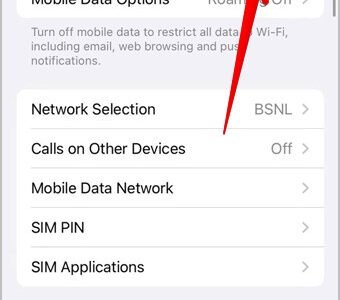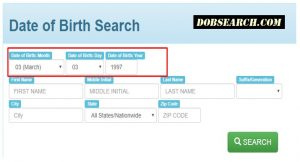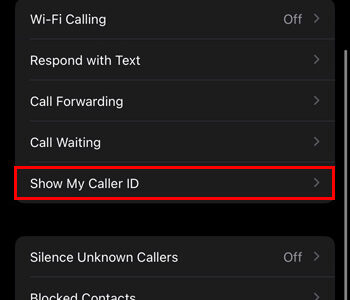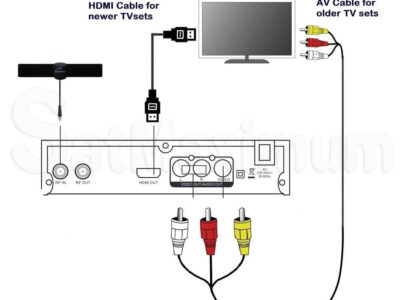In the thrilling world of role-playing games, understanding how to amplify your character’s strength in battle is vital. Dungeons & Dragons 5th Edition (5e), a premier fantasy role-playing game, requires players to calculate various bonuses to ensure their characters deal effective damage during encounters. Whether you’re brandishing a magic sword or casting a spell, knowing how to compute your damage bonus can mean the difference between a glorious victory and a near-fatal defeat. Let’s equip you with the knowledge to maximize your combat potential by understanding and calculating damage bonuses.
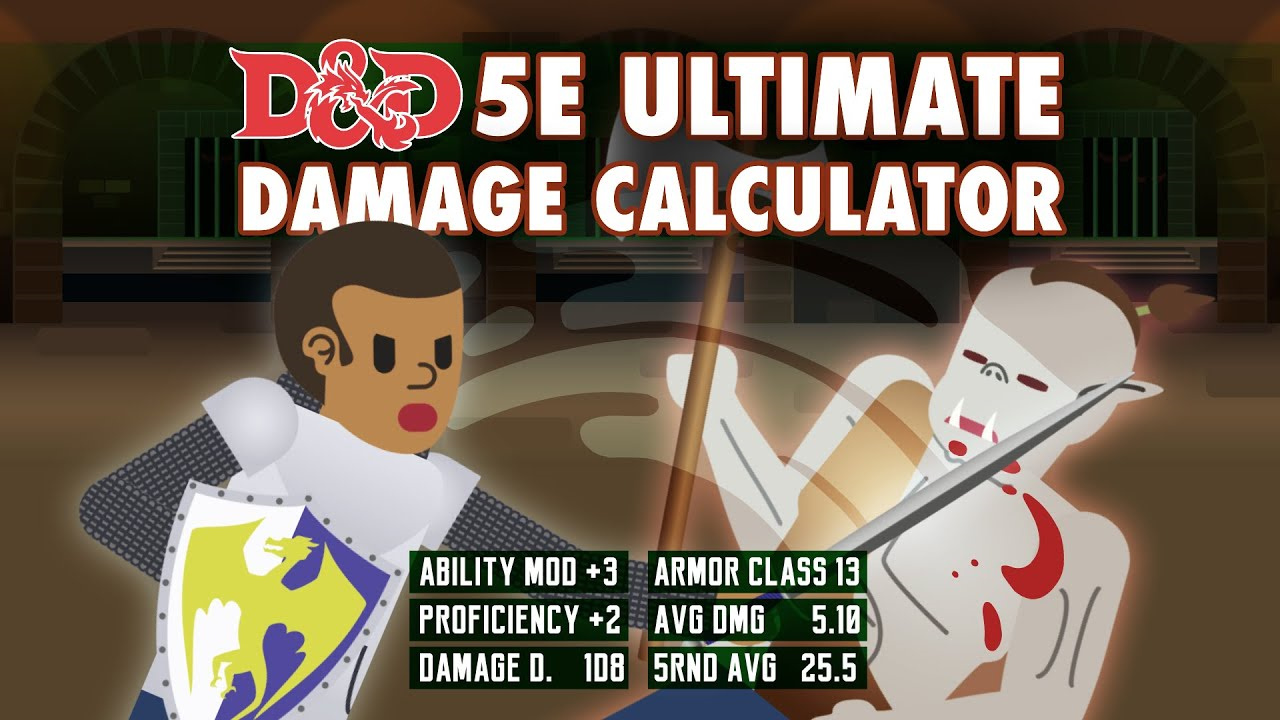
Strength Modifier Additions
When your character strikes with a melee weapon in 5e, the Strength modifier often comes into play. This is a fundamental concept that impacts the extra damage you deal with each successful hit.
-
Identify your character’s Strength score. Every character has six main ability scores, one of which is Strength. Find this number on your character sheet.
-
Calculate your Strength modifier. Subtract 10 from your Strength score and then divide by 2, rounding down. This is your Strength modifier.
-
Add your Strength modifier to the damage. Whenever you hit with a melee weapon that you’re proficient with, add this modifier to the damage roll of the attack.
Dexterity Modifier for Finesse Weapons
Some weapons in 5e are tagged with the “finesse” property, allowing you to use your Dexterity modifier instead of your Strength for damage bonuses.
-
Determine if your weapon has the finesse property. Check your weapon’s description in the Player’s Handbook or equipment list.
-
Calculate your Dexterity modifier. Like Strength, subtract 10 from your Dexterity score, halve it, and round down.
-
Apply the Dexterity modifier to damage rolls. With finesse weapons, you can choose to use your Dexterity modifier for the damage bonus instead of Strength.
Weapon Proficiency Bonus
Being proficient with a weapon allows you to add your proficiency bonus to attack rolls, which can affect your overall damage output by making it more likely that you’ll hit your target.
-
Check your class and level. Your proficiency bonus is determined by your character’s level as outlined in the class table.
-
Locate proficiency bonus. Find this number on your character sheet under the Proficiencies section.
-
Apply to attack rolls only. Remember, the proficiency bonus increases your chance to hit but does not directly increase your damage roll.
Class-Based Damage Bonuses
Certain classes, like the Rogue’s Sneak Attack or a Ranger’s Hunter’s Mark, can add extra damage under specific conditions.
-
Understand your class features. Read through your class’s abilities in the Player’s Handbook.
-
Identify conditions for extra damage. Some abilities, like Sneak Attack, require advantage or an ally adjacent to the target. Ensure these conditions are met.
-
Add bonus damage. If conditions are met, add the described additional damage to your damage roll.
Magic Weapon Bonuses
Magic weapons can provide an enhancement bonus to both attack and damage rolls, increasing your combat effectiveness.
-
Determine if your weapon is magical. Not all weapons have magic abilities. Confirm this by referring to its description.
-
Identify the weapon’s bonus. Magic weapons will have a bonus (e.g., +1, +2, +3) listed in their description.
-
Apply the enhancement bonus. Add this bonus to both your attack rolls and damage rolls whenever you use the magic weapon.
Spellcasting Ability for Spell Damage
Spellcasters use their Spellcasting Ability modifier to add extra damage to spells, depending on their class.
-
Locate your Spellcasting Ability. This could be Intelligence, Wisdom, or Charisma, based on your class.
-
Calculate your casting modifier. Like previously, subtract 10 and divide by 2, rounding down.
-
Understand your spells. Some spells allow you to add this modifier to the damage. Read the spell’s description to confirm.
Two-Weapon Fighting
When wielding two weapons, players can potentially add extra damage with a bonus action.
-
Ensure you’re holding two Light melee weapons. Check weapon properties in the Player’s Handbook.
-
Attack with your main weapon. Make your regular attack with your primary weapon.
-
Use a bonus action for the second weapon. Without adding your ability modifier to the damage of the second attack unless you have the Two-Weapon Fighting style.
Critical Hits
Landing a critical hit doubles all of the damage dice you roll for an attack.
-
Roll a 20 on your attack roll. This natural 20 is a critical hit.
-
Double the number of damage dice. Roll all the attack’s damage dice twice and then add them together.
-
Add modifiers after. After doubling the dice, add any relevant modifiers as normal.
Ability Score Improvement Bonuses
As characters level up, they can choose to improve their ability scores, indirectly affecting their damage bonuses.
-
Choose an ability to increase. When your class table allows for an ability score improvement, select Strength or Dexterity to increase your melee weapon damage.
-
Recalculate your modifiers. Increase your ability score and then recalculate the modifier as you did before.
-
Apply new modifier to attacks. Use this improved modifier to enhance your damage rolls.
Racial and Feat Bonuses
Some races and feats provide unique bonuses that can increase your damage.
-
Examine your race and feats. Look for damage enhancements in their descriptions.
-
Apply any bonus damage as described. Some characters may have features that add to damage under certain circumstances – these should be added to the damage roll where applicable.
In summary, understanding each of these components and how they work together can significantly improve your character’s performance in combat. While the numerous calculations might seem daunting at first, mastering them will allow you to maximize your damage output, greatly contributing to your party’s success. The potential downside is the time it may take to become familiar with these, but practice makes perfect.
In conclusion, grasping the nuances of combat and damage calculation is a crucial step towards becoming a masterful Dungeons & Dragons player. This guide aims to arm you with the knowledge to calculate your damage bonus efficiently, making your gaming experience more rewarding and your character more formidable. Remember, the key to a successful adventure lies in both strategy and understanding the mechanics of the game.
FAQs
-
Do I always add my ability modifier to damage rolls?
Yes, for the most part, you add the relevant ability modifier (Strength or Dexterity) to damage rolls when using a weapon with which you’re proficient. However, certain situations, such as using your off-hand weapon in two-weapon fighting without the appropriate style, do not allow you to add your ability modifier to the damage roll. -
Can I use my Dexterity modifier for damage with all weapons?
No, you can use your Dexterity modifier instead of your Strength for damage rolls only with weapons that have the finesse property or when using ranged weapons. -
Do proficiency bonuses add to damage rolls?
No, proficiency bonuses only add to your attack rolls, thereby increasing your character’s likelihood to hit an opponent but not the actual damage dealt in Dungeons & Dragons 5e.


